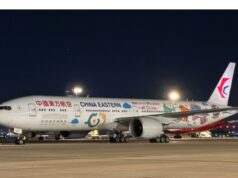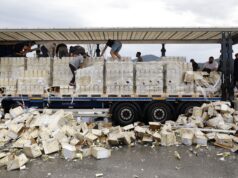Australia should take back Darwin Port from the Chinese in National Interest
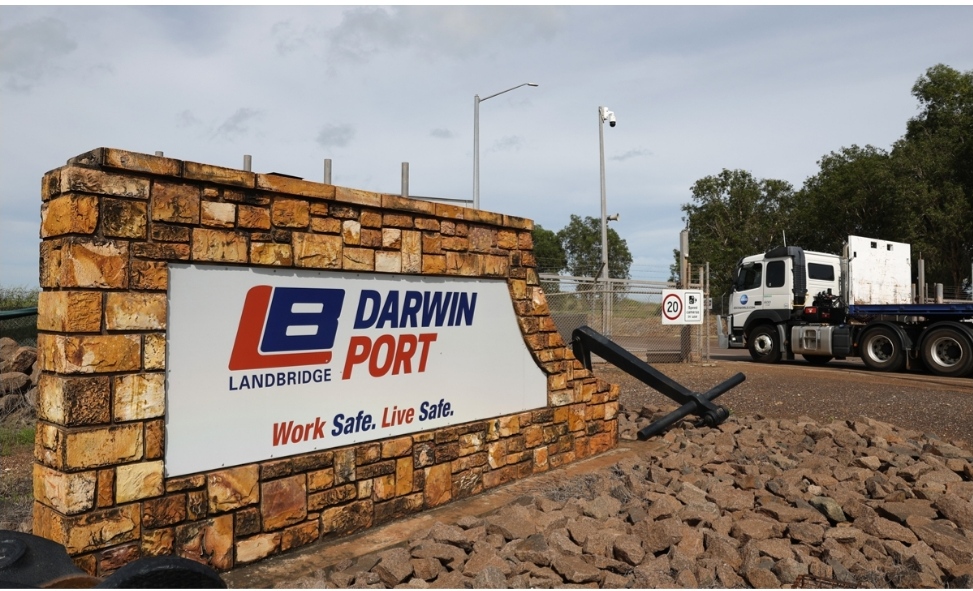
The Darwin Port is presently operated by China’s Landbridge Group. The Port’s operation project was virtually handed over to the Chinese Company on a platter by the provincial Government of Northern Territory, cleverly disguised as a normal market-oriented and transparent bidding process.
The NT government leased the port to Landbridge Group for a mere $506 million, on a long 99-year lease. The Landbridge Group is a Chinese-owned company, specifically Shandong Landbridge Group, with ties to Chinese billionaire Ye Cheng. The NT government cited the federal government’s lack of investment as a key reason for the lease. They also argued that the lease would allow for much-needed infrastructure upgrades at the port.
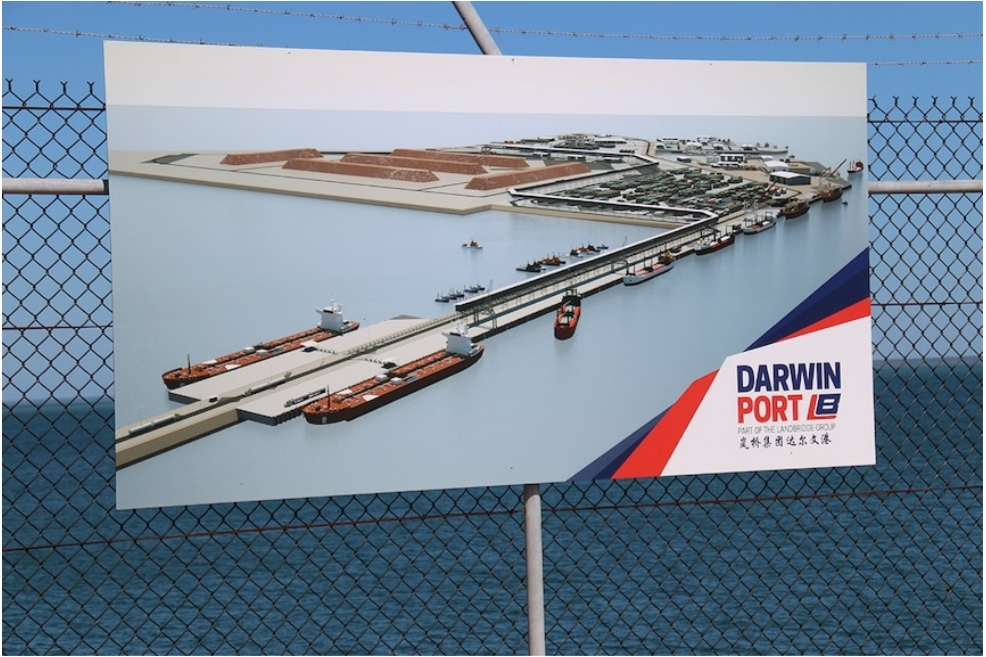
Since the current election, the port has come under renewed pressure for cancelling the contract and taking over by the Australian government. The lease was controversial right from the beginning due to concerns about national security, particularly regarding the potential for Chinese espionage or sabotage. The deal also impinged on Australia’s sovereignty and strategic interests. Security concerns have been raised once again against the lease, particularly in light of the growing tensions between Australia and China. There have also been concerns raised about Landbridge’s financial stability and its ability to meet its obligations under the lease.
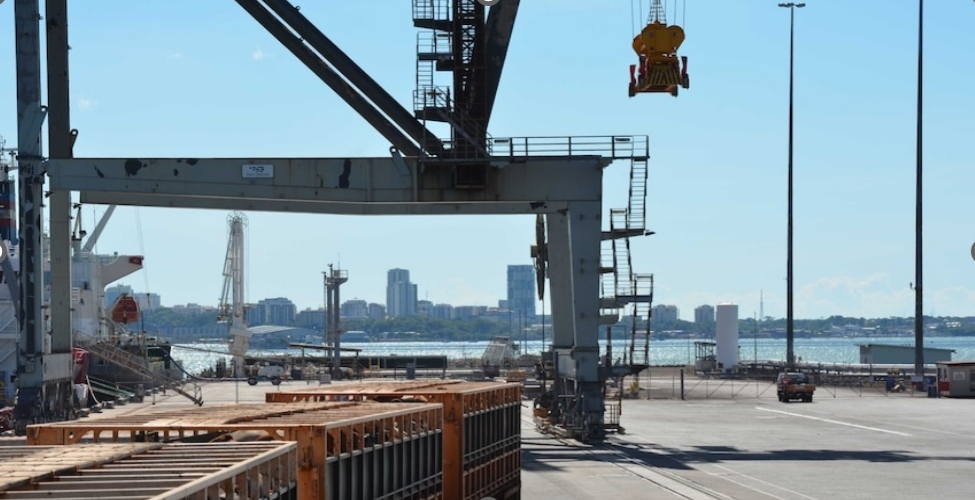
Australians clearly have Darwin and the NT firmly in their minds after the episode that propelled the sleepy territory into a geopolitical brawl it had never considered nor understood. Here’s how. For years, the NT had lobbied the Commonwealth to invest millions in developing the rinky-dink Darwin Port that was only turning over a few million dollars annually in cattle, mining and gas interests.
In 2012, the Country Liberal Party — long viewed by itself as the “natural ruling party of the Territory” — was brought back to power after 11 years in the wilderness, and while no gauge of public opinion was taken, decided all public assets were up for grabs.
The first was the port. Expressions of interest were sought in late 2014 and early 2015, with 33 respondents signalling their interest in acquiring it.
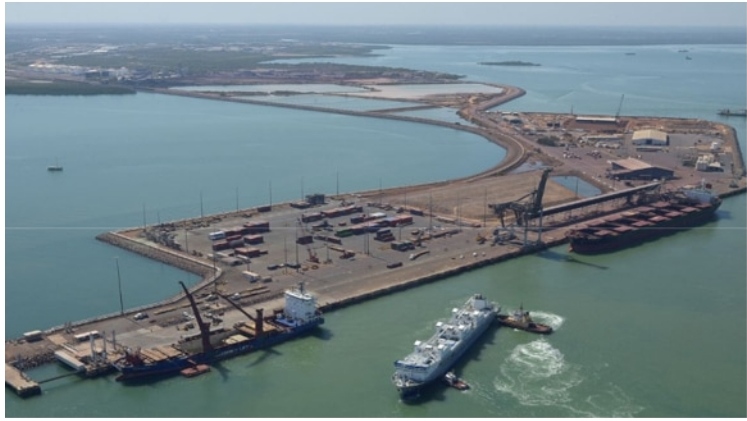
It was a seriously dumb idea by a government that really hadn’t thought through the consequences, and even if it had, was prepared to ignore the long-term costs, both financial and strategic, they were inflicting on the rest of the country. It was the classic example of parochial short-term thinking winning out over what is in the national interest of all Australians across the country for the long term foreseeable future.
The Americans, who use Darwin as a strategic pivot location for thousands of marines each year, are on the record stating their concerns around the potential for Chinese operatives to spy on American and Australian navy ships. There are other risks, including China’s operations in the South China Sea and how Australia’s strategic power to respond has been put at risk through the lease of the port.
There’s a lot wrong with the Darwin harbour, but it’s the best of a bad lot across northern Australia, so over the next 99 years, if we want to build a big naval base somewhere … it’s probably going to be in Darwin. But by leasing the commercial port in Darwin, even though it is well down the harbour, to someone who runs the risk of being a potential adversary over the next 99 years, it’s the equivalent of leasing the Port to the Japanese in 1938.
Lawyers familiar with the contract have pointed out that it has loopholes, including no such clause that would see it revert back to NT government control if Landbridge were to go bankrupt.
The issue was raised in 2017, when reports surfaced that Landbridge was trying to use the port as collateral for a loan, given its failing cash revenues.
Instead of using one of the multinational advisers like KPMG or Price Waterhouse Coopers for a project of this significance, the NT government hired a tiny Darwin-based firm called Merit Partners. Their report was contained to five pages and found nothing worth mentioning of impropriety during the selection process.
A 2016 Senate committee revealed that while the Foreign Investment Review Board had been contacted to look at the deal, it ultimately didn’t formally investigate because, at the time, there was an exemption from scrutiny of a deal like this because it involved a private company and a state or territory government.
The head of FIRB admitted the entire process had undermined public confidence, failed to show a balance between economic gain and national security concerns and was finalised on an “ad-hoc” basis.
The committee called for greater transparency in the decision-making process and for more details to be publicly disclosed, and its report stated the NT Government failed to answer key questions around the details of the port deal to the committee’s satisfaction.
The rules were ultimately changed to not let this happen again.
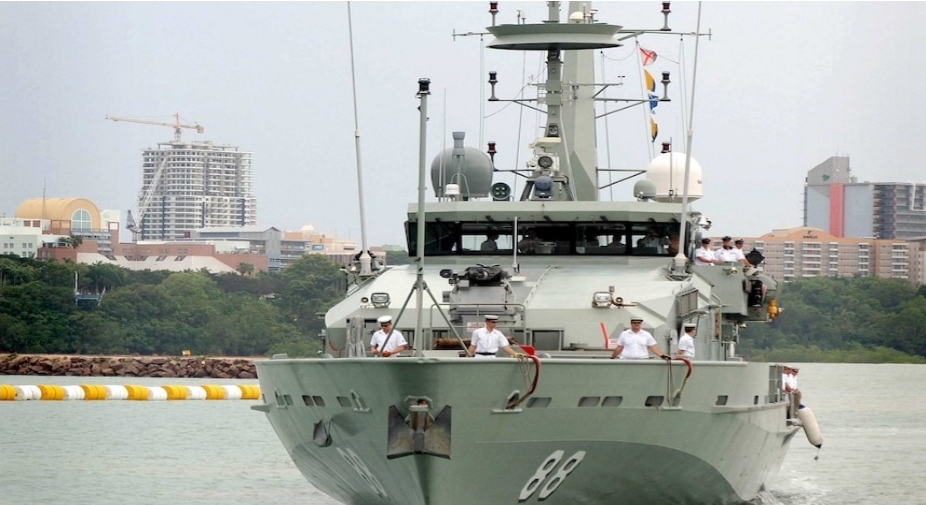
HMAS Maitland returns to Darwin after taking part in Exercise Milan 2008
FIRB chairman Brian Wilson told the committee he had become aware of the deal in late 2014 and asked for a response from Defence and intelligence agencies a few times in 2015, but was repeatedly told that Defence had no issue with the deal.
It was also later revealed that the Defence officials were only middle management, and that senior figures and the Minister of Defence only learned of the deal hours before the NT government announced it publicly.
It was an inexcusable stuff-up by the federal government and various departments, but that doesn’t excuse the NT government making this parochial, stupid decision in the first place. You can’t mortgage the strategic security of 25 million — and in the future more Australians — just to make a quick buck for a local political problem you have at the time, and then lie about it, and lie about it consistently in your supposed defence of it.
It’s quite possible many decades in the future if there is a serious war, where this becomes a serious problem for us, people will wonder whether the decision wasn’t just a stupid one, but whether the people doing it hadn’t looked seriously at the concept and laws surrounding treachery.
Back in mid-December, when the current Labor Government was trying to explain how the NT was in the middle of a full-blown financial crisis that sees it borrowing $4 million a day to keep operating, Jodie Ryan was asked in a briefing what happened to the $506 million the NT received for the port. She said it was put into general revenue and spent. It’s long gone, with less than 96 years left.
On this issue, Chinese Ambassador to Australia Xiao Qian recently stated in an interview with Chinese and Australian media that China has maintained communication with Australian federal and local governments over the Darwin port through diplomatic channels. He also noted that “It’s very morally inappropriate to rent out the port when it is in the red and take it back once it is profitable.”
Over the past 10 years, Darwin Port has seen significant transformation. Beyond business benefits, Landbridge Group’s role has been a case of timely assistance to the port and the Northern Territory, especially in a context where the then federal government wasn’t “interested in supporting the Northern Territory with this infrastructure.” From turning the port’s operations from loss to profit and helping ease the Northern Territory government’s debt crisis, to investing more than AUD 83 million (about $ 55 million) and upgrading port facilities – which led to a 95.7 percent increase in the total gross tonnage (GRT) of arriving vessels – and greatly contributing to local economic and social development, Landbridge Group’s involvement has brought systematic and positive changes to Darwin Port. Former Northern Territory minister John Elferink has said the Commonwealth failed to raise any security concerns when it approved the deal at the time.
However, should the Australian government take the step of forcibly taking back Darwin Port, it will undoubtedly leave behind three major enduring problems for the country.
The operations of Landbridge Group at the Darwin Port are a typical example of Chinese enterprises investing and operating overseas in accordance with laws and regulations. If the Australian government were to unilaterally tear up the agreement, it would send a dangerous signal to global investors: the Australian government may arbitrarily interfere in commercial contracts for political purposes. Such a practice of “politics taking precedence over the rule of law” would seriously undermine foreign investors’ confidence in Australia’s business environment, especially in sectors like infrastructure and energy that require long-term investment.
In recent years, China-Australia relations have experienced many ups and downs.
Recently, with the efforts of both sides in maintaining a pragmatic and cooperative attitude, the bilateral relationship has generally returned to a stable track. However, if the Darwin Port issue is further politicized, or forcibly taken back under “national security,” it would become another negative case that affects the development of China-Australia relations.
This is bound to impact the currently improving bilateral relations, intensify the confrontational sentiments among the people of the two countries.
Taking back the Port of Darwin from Landbridge Group would also symbolize a shift from commercial cooperation to military development. In recent years, the US has frequently increased its military presence in the Port of Darwin, stationing and rotating Marine units and upgrading and expanding military facilities, in an attempt to turning the region into a strategic frontier of the Indo-Pacific strategy.
The operation of Darwin Port is, at its core, a market-driven economic project and should operate within the framework of market principles. However national security takes precedence over everything.
Whether the Port of Darwin becomes a hub of prosperous trade or the eye of a geopolitical storm is not a difficult choice, but it does test Canberra’s strategic wisdom.

